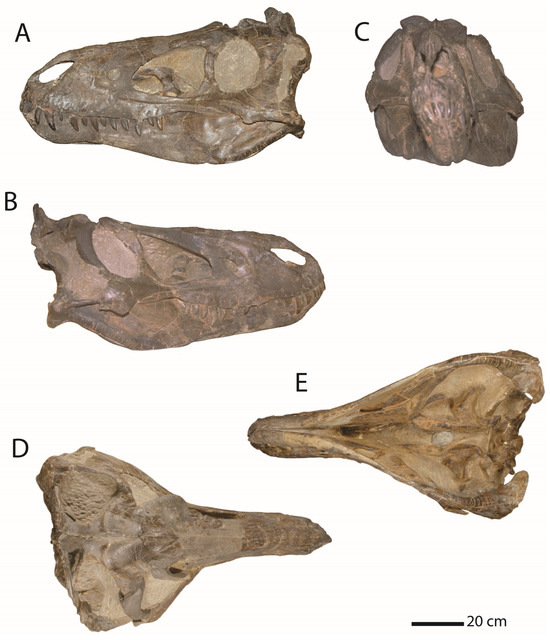2024-01-03 リンショーピング大学
◆結果は、母乳由来と牛乳由来の補充物のいずれでも大きな差がなく、費用対効果を考慮すると、高価な母乳由来の補充物による追加の利益は見込まれないとされました。
<関連情報>
- https://liu.se/en/news-item/study-on-extremely-preterm-infants-provides-important-healthcare-knowledge
- https://www.thelancet.com/journals/eclinm/article/PIIS2589-5370(23)00552-7/fulltext
母乳のみを与える極早産児における人乳ベースの強化の効果:無作為化比較試験 Effect of human milk-based fortification in extremely preterm infants fed exclusively with breast milk: a randomised controlled trial
Georg Bach Jensen,Magnus Domellöf,Fredrik Ahlsson,Anders Elfvin,Lars Navér,Thomas Abrahamsson
eClinicalMedicine Published:January 02, 2024
DOI:https://doi.org/10.1016/j.eclinm.2023.102375

Summary
Background
Mortality and severe morbidity remain high in extremely preterm infants. Human milk-based nutrient fortifiers may prevent serious complications and death. We aimed to investigate whether supplementation with human milk-based fortifier (HMBF), as compared to bovine milk-based fortifier (BMBF), reduced the incidence of the composite outcome of necrotising enterocolitis (NEC), sepsis, and mortality in extremely preterm infants exclusively fed human milk.
Methods
In this multicentre, randomised controlled trial at 24 neonatal units in Sweden, extremely preterm infants born between gestational week 22 + 0 and 27 + 6 fed exclusively human breast milk (mother’s own and/or donor milk), were randomly assigned (1:1) to receive targeted fortification with either HMBF or BMBF. Randomisation was conducted before the enteral feeds reached 100 mL/kg/day, and was stratified by enrolment site, gestational age, singleton/twin, and sex. The allocation was concealed before inclusion, but after randomisation the study was not blinded for the clinical staff. For the NEC diagnosis, the study group was masked to an independent radiologist, and the final assessment of NEC and culture-proven sepsis was done by a blinded consensus panel review. The primary outcome was the composite of NEC stage II–III, culture-proven sepsis, and mortality from inclusion to discharge, no longer than postmenstrual week 44 + 0, in the intention-to-treat population (ClinicalTrials.gov, NCT03797157).
Findings
Between February 21st, 2019, and May 21st, 2021, 229 neonates were randomly assigned (115 HMBF, 114 BMBF). After exclusion of one infant due to parents’ withdrawal of consent, 228 infants were included in the intention-to-treat analysis. Of the 115 infants assigned to HMBF, 41 (35.7%) fulfilled the criteria of either NEC, sepsis, or death, compared with 39 (34.5%) of 113 infants assigned to BMBF (OR 1.05, 95% CI 0.61–1.81, p = 0.86). Adverse events did not differ significantly between groups.
Interpretation
Supplementation with HMBF, as compared with BMBF, did not reduce the incidence of the composite outcome of NEC, sepsis, or death. Our results do not support routine supplementation with HMBF as a nutritional strategy to prevent NEC, sepsis, or death in extremely preterm infants exclusively fed human milk.
Funding
ALF grant, Prolacta Bioscience, Swedish Research Council, and Research Council for Southeast Sweden.


